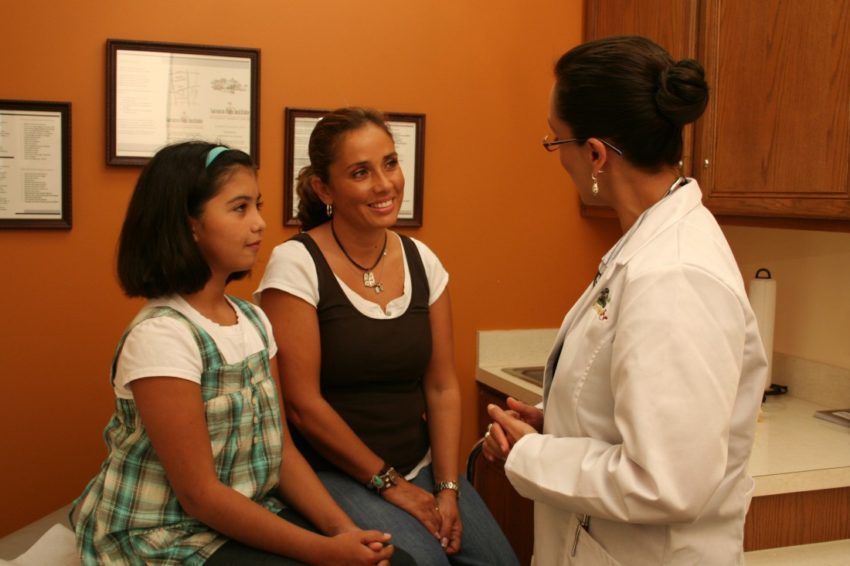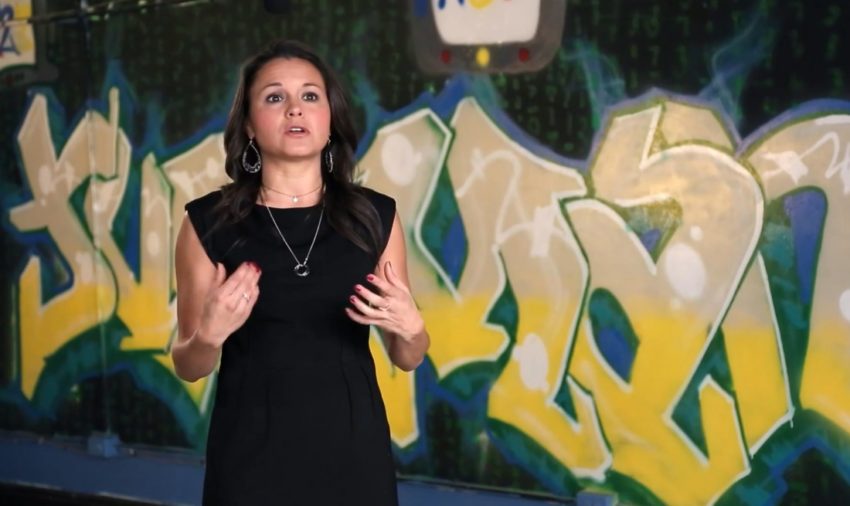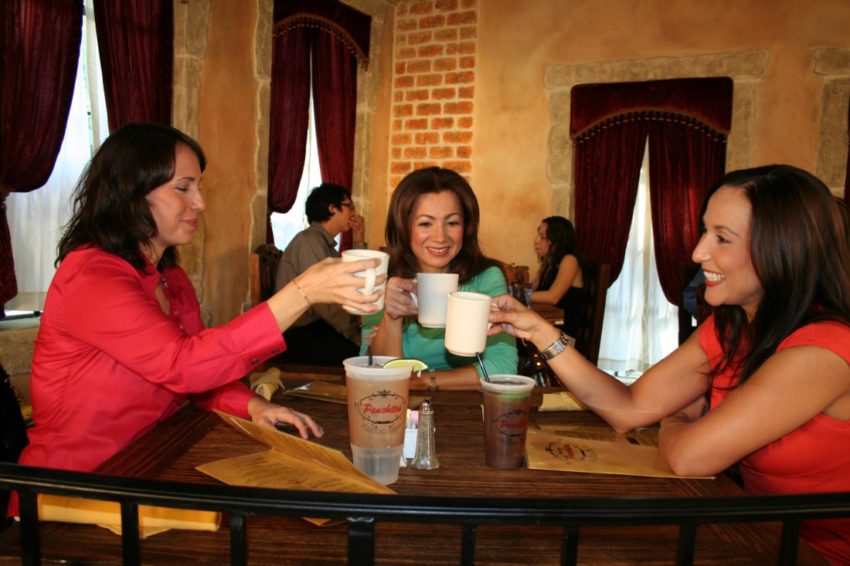Report: Access to Health Care is Improving for Hispanics, but More Work Remains

Access to health care after the Affordable Care Act is improving among all racial/ethnic groups, especially Hispanics, but more work remains, according to a new report. According to the report, the 2014 National Healthcare Quality and Disparities Report, the nation's rate of uninsured people has declined. The decline was greater among Hispanics and blacks, who historically have had higher rates of unsiuninsurance rates compared with whites. For Hispanics, the rate of those uninsured dropped from 40.3% to 33.2%, and for blacks dropped from 24.6% to 15.9%. "These findings indicate that the Affordable Care Act's Health Insurance Marketplaces is making health insurance available to millions of Americans who might otherwise have been uninsured," said AHRQ Director Dr. Richard Kronick ...
Read More







